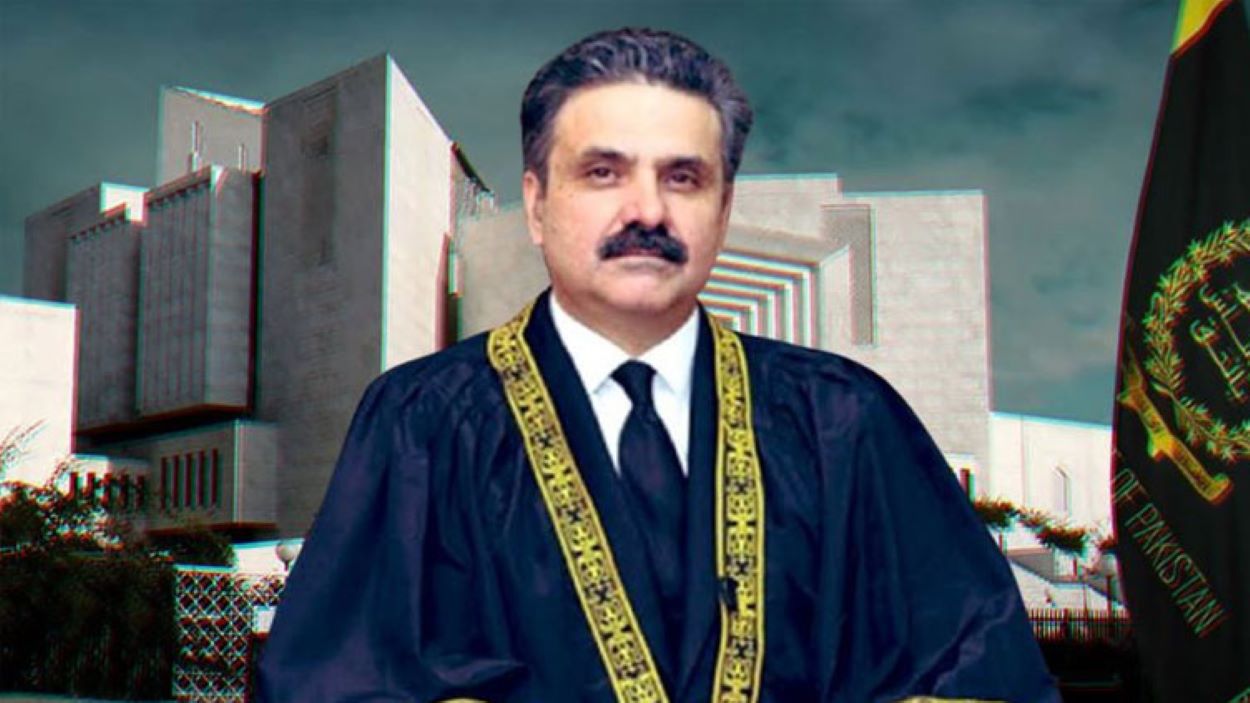Justices Syed Mansoor Ali Shah, Munib Akhtar, Ayesha A Malik, and Athar Minallah called the procedure “fallacious” and against constitutional requirements. The rules were officially notified on August 9, 2025, marked as “approved.” However, within three days, Chief Justice Yahya Afridi convened a full court meeting seeking suggestions for amendments.
This sequence suggested that the full court is the proper forum for such decisions. Yet, the full court was only involved after unilateral approval had taken place.
The judges emphasised that the rules should have been presented in full to the full court before approval for genuine discussion. They criticised the latter meeting as merely adding a “veneer of legitimacy” to an otherwise invalid procedure.
Read: CJP Yahya Afridi Calls Full Court Meeting to Review Supreme Court Rules
They requested that their objections be formally recorded in the minutes and that the meeting proceedings be made public for transparency.
The judges stressed that public trust depends on transparent constitutional processes. Judicial legitimacy cannot exist without it.
The Supreme Court Rules 2025 replaced the 1980 rules as part of a modernisation effort. Framed under Article 191 of the Constitution, the new rules aim to update court procedures with modern legal and technological standards.
Read: Justice Minallah Slams Pakistan’s Judicial History at KBA
The rules, effective immediately, were drafted by a committee led by Chief Justice Afridi. The panel included Justices Shahid Waheed, Irfan Saadat Khan, Naeem Akhter Afghan, and Aqeel Ahmed Abbasi. They consulted judges, bar councils, and the Supreme Court office.
Despite the committee’s work, some judges and the legal community raised concerns over the approval process and certain provisions.






